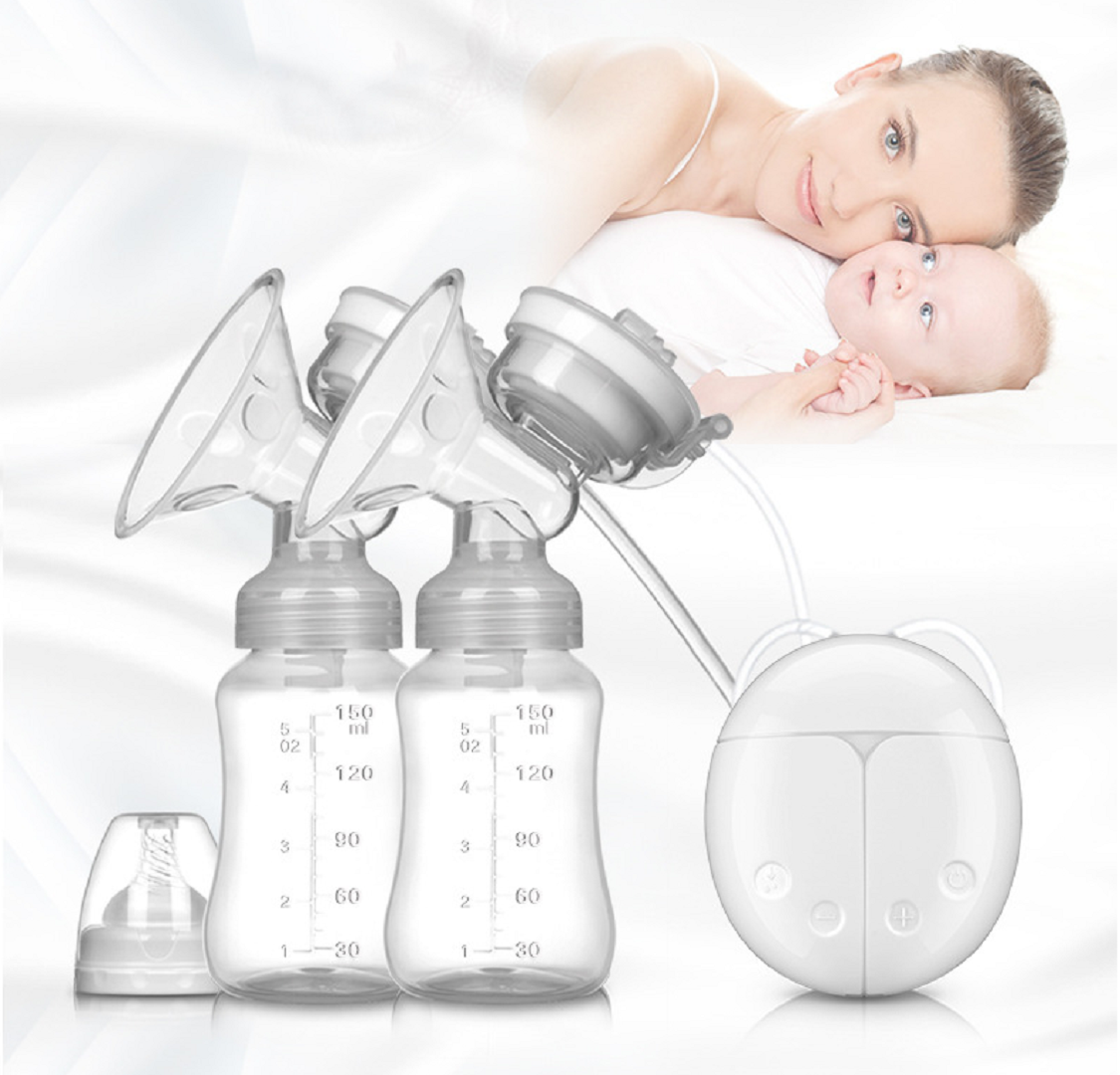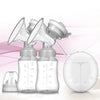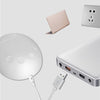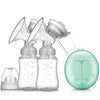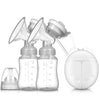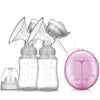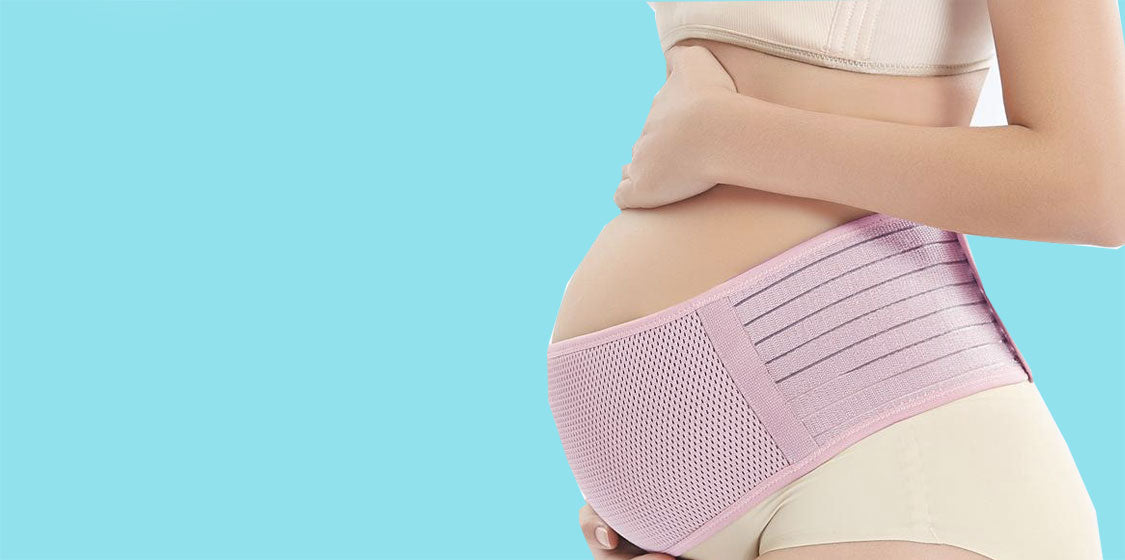Breastfeeding
Breast milk is specially adapted to meet the baby's needs from birth. It therefore has benefits for his health and development. In addition, breastfeeding also has benefits for the mother.
What's in breast milk?
The composition of breast milk varies during breastfeeding to adapt to the baby's needs. It can also change according to the mother's diet. The taste of the milk may change, allowing the baby to get used to different flavours.
Breast milk contains more than 200 components. It is composed of :
- proteins that are non-allergenic, easily absorbed and easily digested;
- sugars and fats that provide energy to baby's cells;
- Vitamins and minerals such as vitamin C and iron;
- Enzymes that help baby's digestion;
- Essential fatty acids that may influence brain and vision development;
- Antibodies and antimicrobial molecules that help babies defend themselves against bacteria and viruses;
- Hormones and growth factors that may stimulate the growth and development of the baby's digestive and immune systems;
- Living cells that protect the baby from infection and stimulate the baby's own immune system.
Commercial Infant Formulas
They are more and more adapted to the needs of babies. However, some components of human milk cannot be imitated and are therefore not found in human milk. This is the case for antibodies, enzymes, hormones, growth factors and living cells.
What are the benefits of breastfeeding for the baby?
There is a lot of scientific evidence about the benefits of breastfeeding.
- Breastfed babies are less often affected by infections. Their risk of gastrointestinal infections (e.g., gastroenteritis and diarrhea) is significantly reduced compared to formula-fed babies.
- Breastfed babies also have a lower risk of upper respiratory tract infections (colds, flu). Breastfeeding also reduces the frequency of bronchiolitis, pneumonia and ear infections.
- Breastfeeding is thought to be associated with a reduced risk of sudden infant death syndrome.
- Breastfeeding may have a protective effect against certain inflammatory diseases, for example : - eczema, - Type 1 diabetes, - inflammatory bowel diseases such as Crohn's disease, - for asthma, food allergies and hay fever, the protective effect is less clear.
- Some studies suggest that breastfeeding reduces the risk of overweight and obesity. However, study results are sometimes contradictory.
- The majority of studies have noted that breastfed children perform better on intelligence tests. This is an acceleration of cognitive development and the beneficial effect seems to diminish over time.
Breast milk is convenient because it is always ready. It is also economical. Finally, it is environmentally friendly because it leaves no waste and does not require transportation.
Breastfeeding and attachment
The gesture of breastfeeding allows skin-to-skin contact between mother and baby. Breastfeeding therefore meets not only the baby's nutritional needs, but also his need for warmth and security. Since breastfeeding allows frequent interactions between mother and baby, the bond of attachment is thus strengthened. This closeness also occurs whenever a mother holds her baby in her arms to offer the bottle.
What are the benefits of breastfeeding for the mother?
Exclusive and prolonged breastfeeding can help the mother lose the weight gained during pregnancy. Breastfeeding reduces the risk of breast and possibly ovarian cancer. Exclusive and prolonged breastfeeding delays the return of menstruation.
How long should breastfeeding last?
The World Health Organization (WHO), UNICEF recommend that babies be fed exclusively with breast milk for the first 6 months of life. Breastfeeding can then continue for 2 years and beyond if complementary foods are also included in the baby's diet. Some of the beneficial effects of breastfeeding on the health of the child and the mother are related to its duration and exclusivity. The longer breastfeeding lasts (in number of months) and the more exclusive it is (breastfed child only), the greater some of the benefits. For example, children who have been exclusively breastfed for 4 months have a higher risk of infections between the ages of 4 and 6 months than children who have been exclusively breastfed for more than 6 months. If a baby is not breastfed, he or she should receive a commercial cow's milk-based infant formula. This breastmilk substitute has been adapted to meet the baby's nutritional needs. Regular cow's milk is not adequate to feed a baby under 9 months of age.
In summary :
Breastfeeding has benefits for the health and development of the baby, but also for the mother. Breast milk contains more than 200 components. Its composition is adapted to the baby's needs. According to official recommendations, babies should be fed exclusively with breast milk until the age of 6 months.

